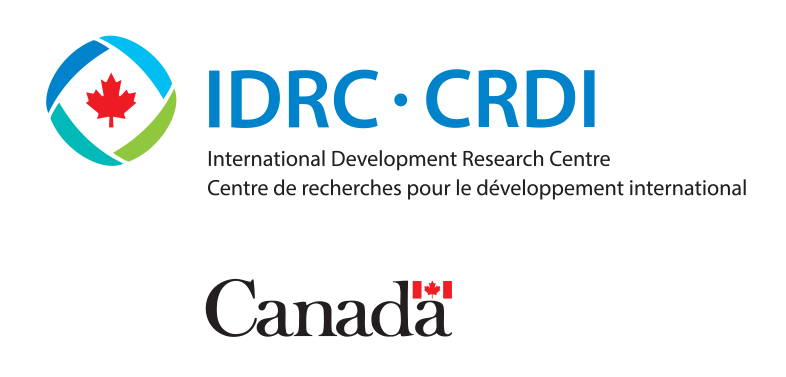
Measuring the Wealth of Nations: A review
-
There is mounting concern from many perspectives that GDP is not a useful or accurate measure of national well-being. Policies designed to boost GDP tend to favour short-term gains over long-term sustainability.
-
A comprehensive measure of wealth is called for to complement GDP and provide the full picture of economic and social trends and assist with sustainable development
-
With comprehensive wealth as another lens on progress, decision-makers would have a new tool to guide decision making in the context of climate change adaptation, green growth objectives, growing inequality, health risks, and a host of other challenges faced today.
This paper is part of the Interntional Institute for Sustainable Development's (IISD's) efforts to support the adoption of wealth measurement in countries around the world. This paper provides a brief overview of recent efforts by international agencies and academic institutions to develop and apply comprehensive wealth measurement tools. Our review is limited to examples of comprehensive wealth measurement as applied to several countries, so it does not include work on specific capital estimates, applications to a small number of countries, or theoretical research/framework development.
You might also be interested in
Measuring Nature for Post-COVID-19 Economic Recovery
In the face of multiple health and environmental crises, the inefficiencies of GDP as the main measure of economic health and government policy are strikingly apparent.
Produced Capital in Ethiopia, Indonesia, and Trinidad and Tobago
Part of comprehensive wealth, produced capital is the value of the stock of all human-made assets used to produce goods and services in the economy.
Natural Capital in Ethiopia, Indonesia, and Trinidad and Tobago
Natural resources play fundamental roles in our well-being and lives, as well as sustaining a country's comprehensive wealth.
Human Capital in Ethiopia, Indonesia, and Trinidad and Tobago
Human capital is the major component of comprehensive wealth in most countries, and how it is managed is key to long-term prosperity.
